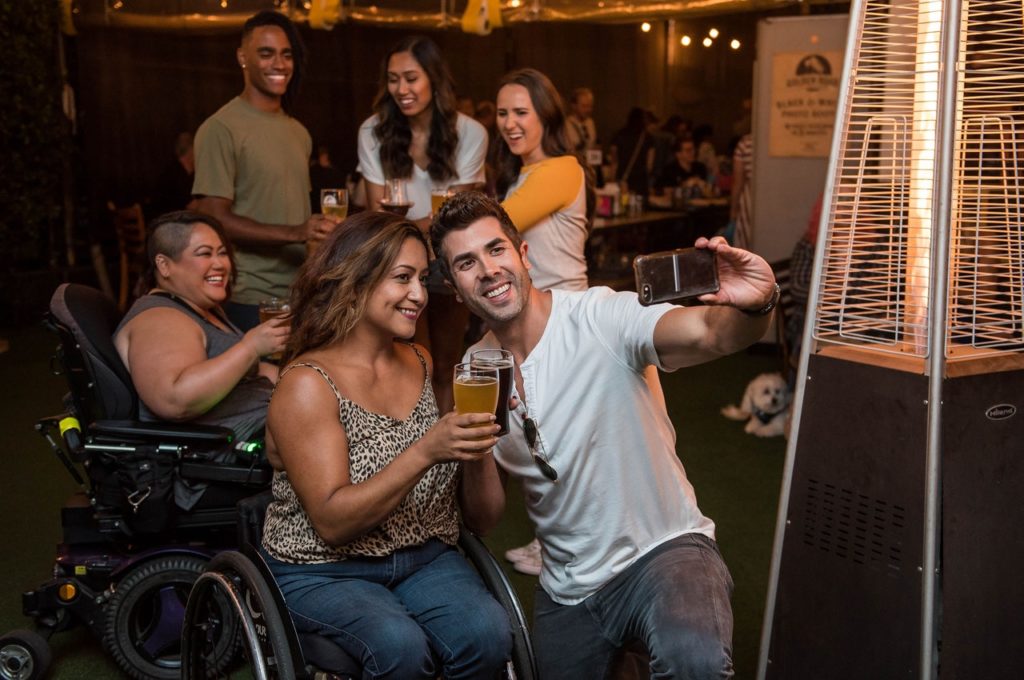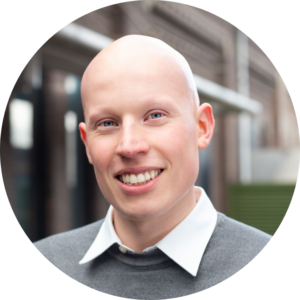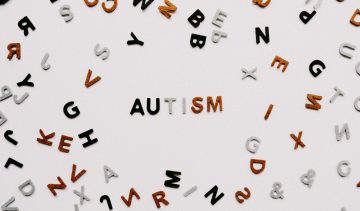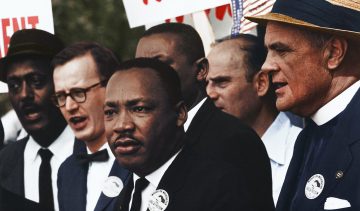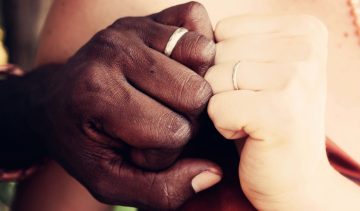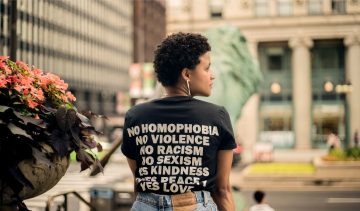People with a disability often experience discrimination. For example with finding a job, living independently, the accessibility of public buildings, or in college. But also in daily life, where they have to face prejudice from other people. To understand why a phenomenon like discrimination exists, we have to look beyond just the expression of it. The core of discrimination is retractable to the brain of the human species, or more specifically: the memory.
Heuristics
To be able to manage the complexity of the world, your brain searches for efficient ways to do this. Through our experiences, we form heuristics. These are methods to quickly make information available in the brain. Your brain stores this information categorically in your memory. This functions as an important basis of how you perceive things, how you think and how you behave. As a result, this process leads to minimal differences within 1 category. Let’s say you think of a table; it might be brown and rectangular, while there are truly a lot of different types of tables. Differences between categories are exaggerated and enlarged so that it’s easier to make distinctions between them. Let’s say if you think about a woman, she might look very feminine in your head, while a man might look very stereotypical masculine. Within social categories, similarities and differences will become characteristic for the entire group. You will unconsciously give an individual the same characteristics as the group it belongs to (stereotype). You retrieve information using a heuristic, hoping you can make a better or faster estimation of someone.
How does this work for people with a disability?
From a sociobiological perspective, people with a disability are judged on the things they might not be able to do as well as others. The heuristic in the brain unfairly provides information that people with a disability can be less productive or useful. Research has shown that people with a disability can also evoke heuristic signals that are related to fear-triggering themes, such as vulnerable health. This causes avoidance of people with a disability, in the same way, that people don’t like to talk about death. There are also heuristic signals that are related to childish characteristics, possibly causing people with a disability to be taken less seriously. Luckily there are also some positive signals. Research shows that there’s an increasing sense of sympathy and a more positive attitude towards people with a disability.
How do you fight this?
Looking at this form of discrimination, there’s 1 core element: a lack of conscious information. These heuristics occur unconsciously and create a form of uncertainty on how to behave. With uncertainty, there’s a need for clarity. So how do you combat this?
- Mention your strengths: people think based on a stereotypical view and only see shortcomings. By mentioning your value and strength, and by providing it as new information, you force someone to let go of their old heuristics.
- Be assertive: tell someone when they treat you unequally. This way you are clear about your preference and boundaries. You’ll give the other person a contradicting experience, making their stereotypical image change.
- Give clarity: a lot of people are insecure about how to behave. By taking away their insecurity and giving clarity on what they should or shouldn’t do, they will feel more comfortable, are keener to approach you, and won’t respond to you in a derogatory way.
It’s probably pretty tiring to realize this form of discrimination has a biological basis in humankind, and therefore only slowly changes. Remember that there are also a lot of people that are aware of this phenomenon and do see people with a disability as equal. A beautiful quote I’ve read somewhere is characterizing for that:
What distinguishes man from animal? An animal will leave the wounded behind, a man will help everyone to come along in society.
